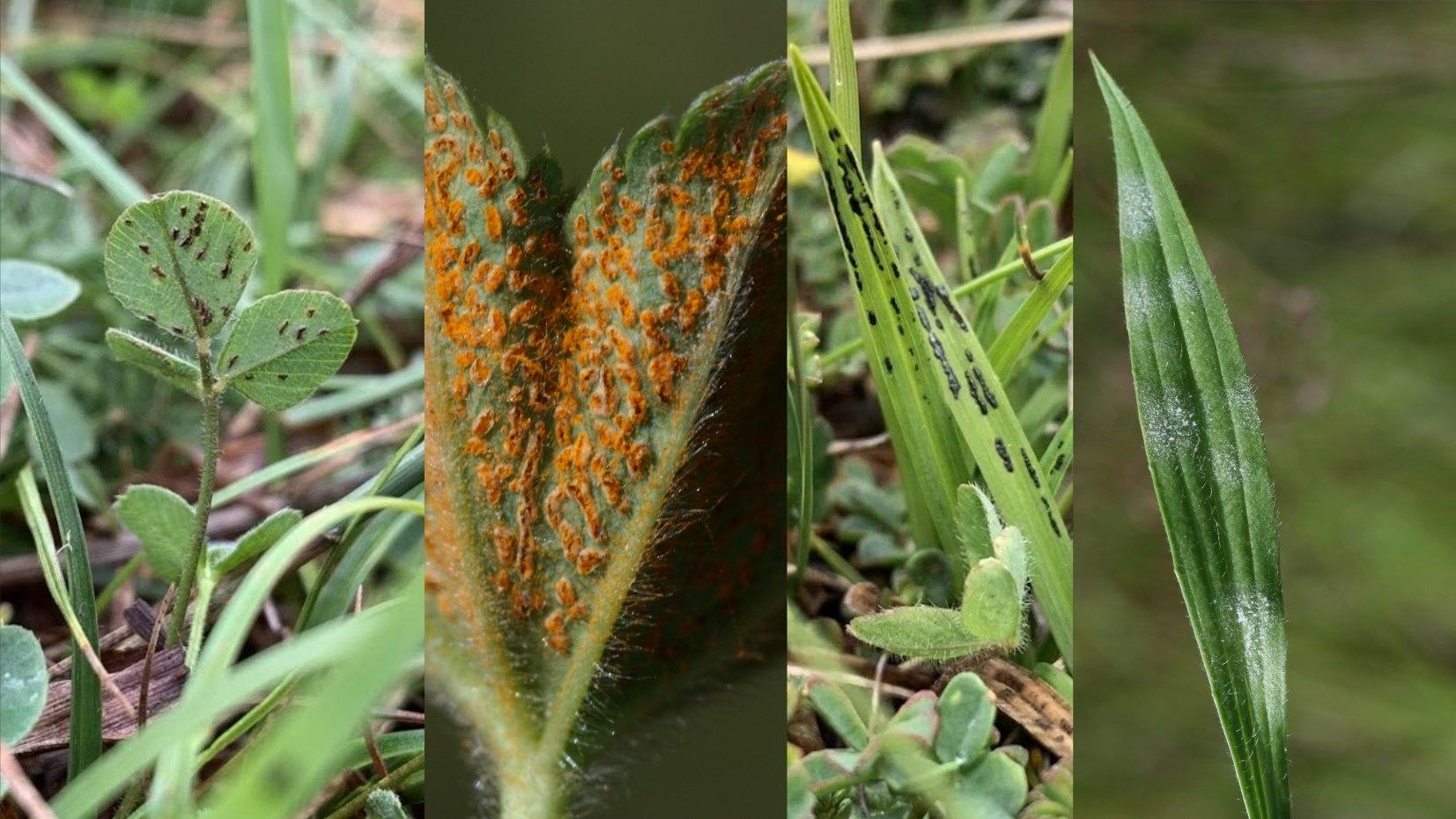

Anna-Liisa Laine
Professor of Plant Biodiversity
University of Helsinki, Finland
Director of the Research Centre for Ecological Change
PLEASE USE OUR NEW WEBSITE:https://www.helsinki.fi/laine-lab
This site will not be updated anymore.
PLEASE USE OUR NEW WEBSITE:
https://www.helsinki.fi/laine-lab
This site will not be updated anymore.
People
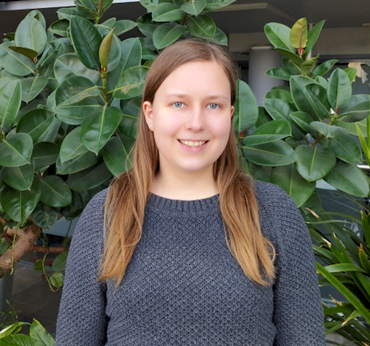
Tinja Hyvönen
Research Technician
Greenhouse, laboratory, field
tinja.hyvonen[at]helsinki.fi
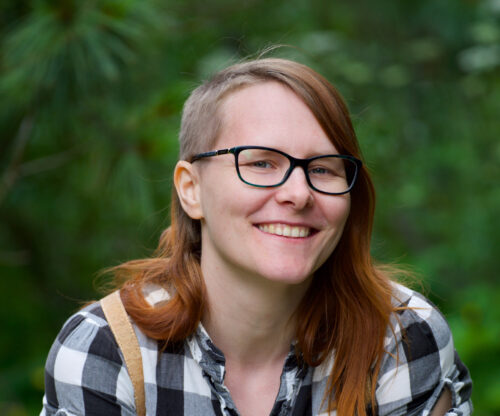
Krista Raveala
Project Planner
Fieldwork, data management, illustrations
krista.raveala[at]helsinki.fi
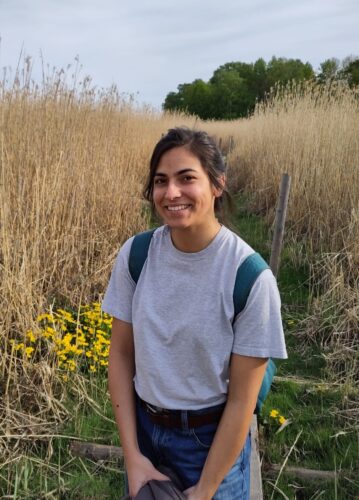
Andréa Davrinche
Post doc
Plant ecology, biodiversity, functional traits
andrea.davrinche[at]helsinki.fi
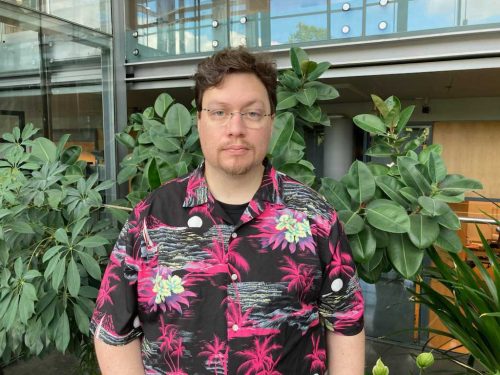
Jean-Baptiste Floc’h
Post doc
Microbial ecology, bio-informatics, microbial symbiosis
jean-baptiste.floch[at]helsinki.fi
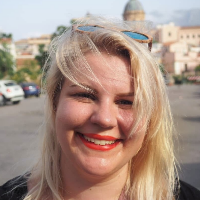
Maija Jokinen
Post doc
Molecular biology, viruses
maija.jokinen[at]helsinki.fi
Twitter

Michael Giolai
Post doc
Plant pathogen interactions, genomics
michael.giolai[at]helsinki.fi

Bastien Parisy
Post doc
Community ecology, plant-associated organisms interactions, ecosystems functioning
bastien.parisy[at]helsinki.fi
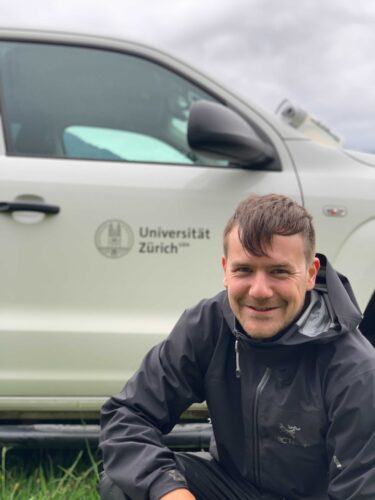
Michael Rechsteiner
Post doc
michael.rechsteiner[at]helsinki.fi
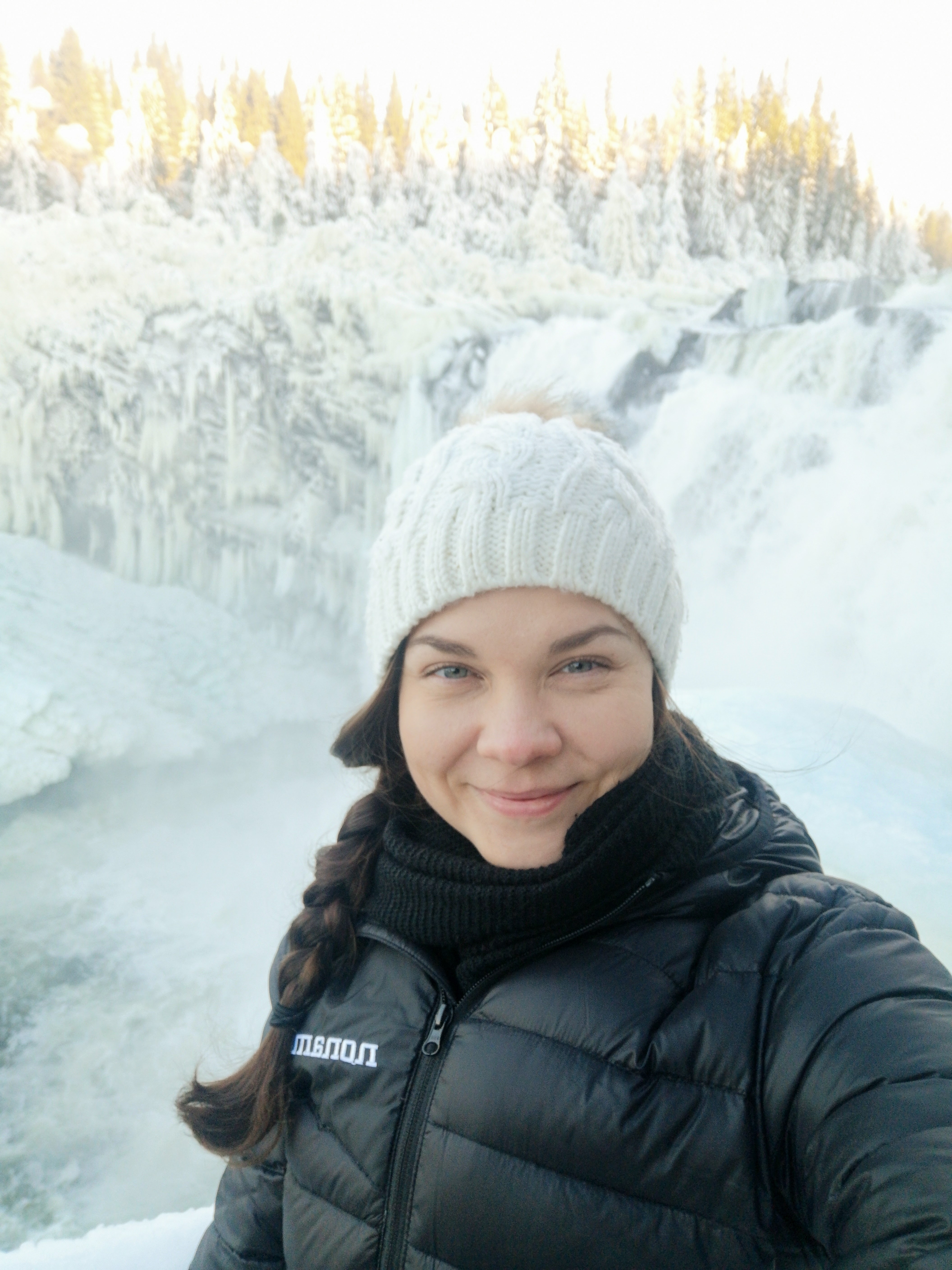
Tuuli Rissanen
Post doc
Species-environment relationships, biodiversity
tuuli.rissanen[at]helsinki.fi

Sonja Saine
Post doc
Ecology, biodiversity & species interactions sonja.saine[at]helsinki.fi

Hanna Susi
Post doc
hanna.susi[at]helsinki.fi
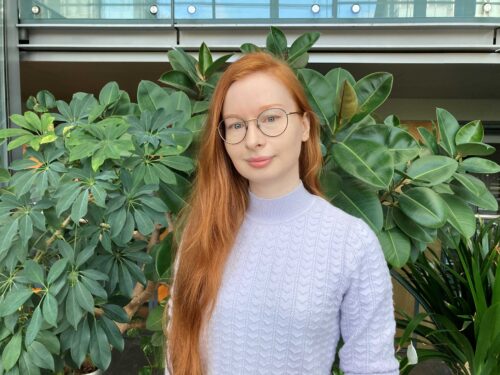
Sara Leino
PhD student
Plant-microbe interactions
sara.leino[at]helsinki.fi
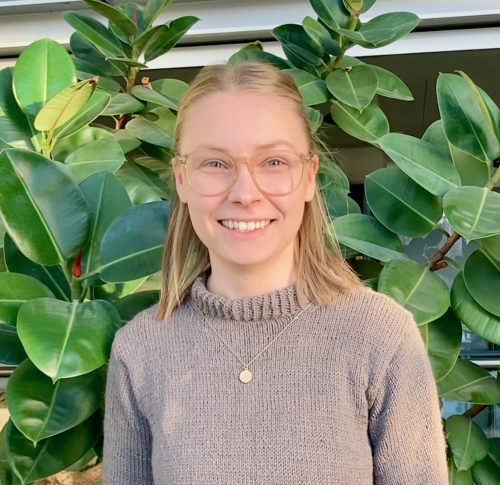
Veera Nieminen
PhD student
veera.nieminen[at]helsinki.fi
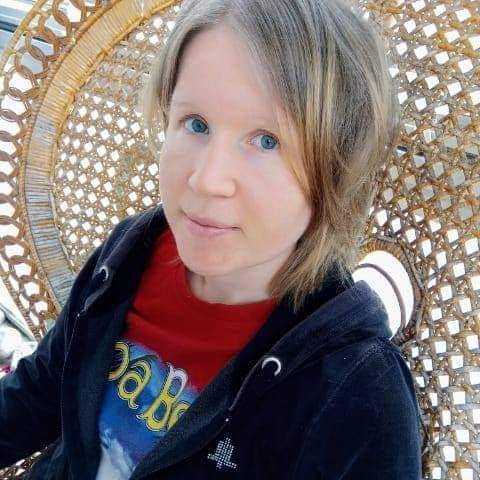
Jasmi Näsäkkälä
PhD student
jasmi.nasakkala[at]helsinki.fi
Research
Key Research Themes
Long-term ecology
Long-term nature observation series are indispensable records of how individual populations and species are responding to environmental change. In the Research Centre for Ecological Change we are systematically collecting long-term ecological data for an unprecedented syntheses of how communities of organisms are responding to change.
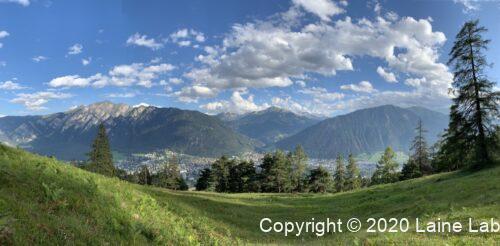
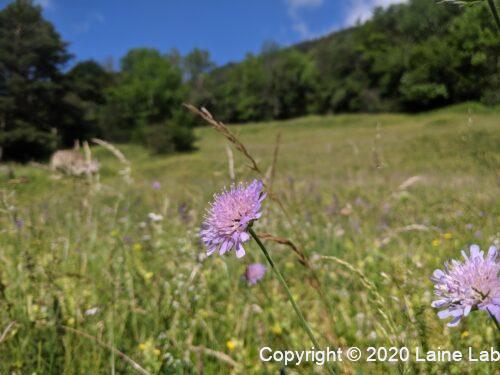
Biodiversity in a changing world
We are studying how natural communities are responding to global change and how interactions among species across trophic levels are changing as well.
Global plant demography
As part of PlantPopNet, we are driving a coordinated global effort combining data and theory to understand abiotic and biotic drivers of population persistence and distribution in a changing world.
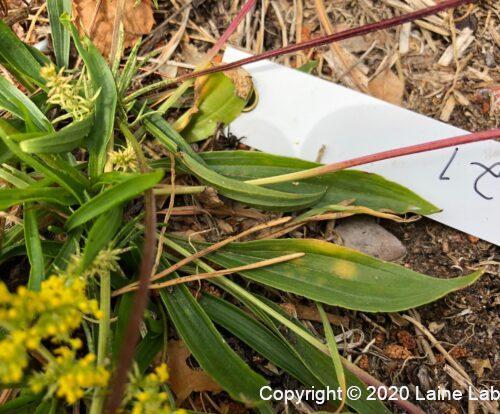
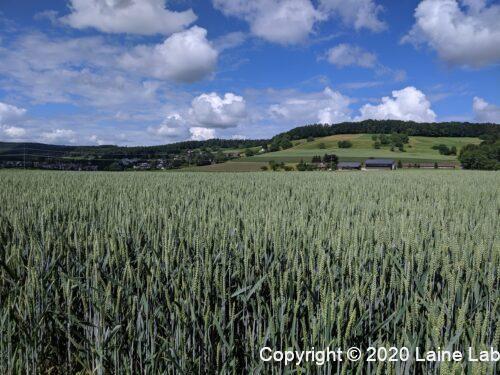
Biological diversity and sustainable food production
Humans have intensified and mechanized agricultural processes in an effort to boost efficiency, productivity and profits. As a result, global food systems are increasingly generating severe social, environmental, economic and climate costs. We are investigating how mechanisms that promote stability in natural ecosystems could be utilized to develop sustainable and climate-smart food production systems.
Intraspecific variation in host-parasite interactions
Understanding how diversity is maintained in host and parasite populations is one of the core challenges in disease biology. Using long-term population dynamic data combined with genomics and experimentation, we address this question in a natural plant-pathogen interaction. This work brings us one step closer to answering questions of how risks of virulence and pathogen occurrence evolve – important questions from both basic and applied points of view.
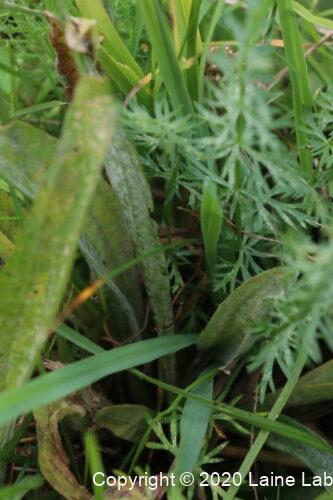
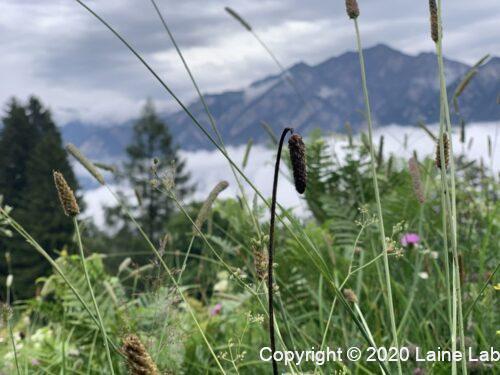
Pathogen communities
Across biological systems it is becoming increasingly clear that host populations and even single host individuals are typically exploited by diverse pathogen communities. In our work we aim to understand the spatio-temporal determinants of this diversity, and what the eco-evolutionary implications are for both hosts and pathogens.
Funders
Funded by the European Union (ERC, Co-EvoChange, 101097545). Views and opinions expressed are however those of the author(s) only and do not necessarily reflect those of the European Union or the European Research Council Executive Agency. Neither the European Union nor the granting authority can be held responsible for them.
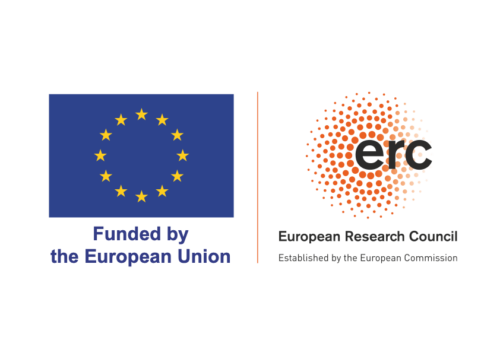
Publications
Click here
News
Click on here for more!
Contact
Anna-Liisa Laine
Faculty of Biological and Environmental Sciences
PO Box 65 (Viikinkaari 1)
FI-00014 University of Helsinki, Finland
Email: anna-liisa.laine[at]helsinki.fi
Twitter: @annaliisalaine